The Houla massacre unified European countries, the UN Security Council, Canada, and Australia in condemnation of the Syrian regime. Yet, the most universally approved approach to the conflict is still firm diplomacy, not military intervention.
The ghosts of the Houla massacre hung over United Nations envoy Kofi Annan’s “frank” exchange with Syrian President Bashar al-Assad recently, as the former UN secretary-general left no room for misunderstanding. Either Assad musters the political will inside his embattled regime to end fifteen months of civil strife by full implementation of Annan’s peace-making plan, or he will be dragged into the vortex of intensifying violence bereft of allies.
New pressures are building on Syria that look to make this “a tipping point,” as Annan described it, with the prospects for Assad’s regaining control of the country looking increasingly illusory even to Syrians who have supported him.
At a rare Sunday session the Security Council unanimously condemned the killing of 108 civilians—and specifically the deaths by artillery shelling that only Assad’s forces deploy. Russian Foreign Minister Sergey Lavrov claimed that Moscow’s goal was a Syrian political settlement, with or without Assad, and the Obama administration argued that Moscow seemed receptive to a “Yemenskii” style leadership transition.
To be sure, Russia is not yet abandoning Assad. Lavrov reminded visiting British Foreign Secretary William Hague that anti-Assad elements had likewise to implement the six-point Annan plan—though only the Syrian government can execute most of those points, such as humanitarian aid access, free movement of international journalists, and withdrawal of troops and artillery from cities. Moreover, Lavrov decried propaganda by unnamed countries to use the Houla killings “as a pretext for taking military measures.”
Perhaps Lavrov had in mind the eagerness of Saudi Arabia—and now of Obama’s Republican challenger, Mitt Romney—to arm Syrian rebel factions. Romney strangely coupled a call for an open arms spigot to Syrian rebels with a demand that Russia halt arms shipments to Syria’s government, which gave his position a surreal dimension. In the event, the White House responded—whether to reassure Lavrov or rebuke Romney, or perhaps both, is not clear—with a warning against the “chaos and carnage” that would result from funneling weaponry to rebel groups.
Obama is right to resist hawkish calls to start intervening militarily with arms shipments. Other Western governments are certainly not there either . They still hope that rising diplomatic pressures and a tightening economic tourniquet will either bring Assad around, or else isolate and gradually dis-arm him.
In an impressively coordinated action, Australia, the European Union’s leading countries, Canada, and the United States have all expelled Syrian diplomats from their capitals, suggesting that the Houla massacre has stripped away one of the last layers of legitimacy of Syria’s Ba’athist regime. Hague added that the EU is fashioning a tightening of the sanctions regime that has already impacted upon Syria’s economy.
For its part, a United Nations scrupulously concerned about maintaining its aura of impartiality has been applying pressures on all sides to the conflict. Secretary-General Ban Ki-moon gave the first official voice to concerns about Al-Qaeda entering the fight against Assad with signature attacks on Syrian intelligence headquarters.
Ban’s chief of peacekeeping operations was blunt about the massacre: the evidence gathered by the UN monitors who rushed to Houla, 25 kilometers from their base in Homs, puts government forces in the dock. They unequivocally documented the use of artillery shells, Hervé Ladsous told UN correspondents, and “for this, the government of Syria is responsible.” The other victims, he said, were killed by close-range gunshot or knives, which “points to the shabiha,” the thuggish militias associated with government forces (though this, Ladsous allowed, was so far just “a strong suspicion”).
In Syria, Annan has pointed to the Security Council’s demand—supported by Russia and China, it went without saying—for a complete investigation of the Houla killings, “and for those responsible to be held accountable.” Annan welcomed the “encouraging” pledge by the Syrian government to organize its own investigation of the massacre, which offers Assad what is probably one of his last opportunities to "be bold for the Syrian people" by holding his own commanders responsible, releasing detainees, and accepting a political process tolerant of peaceful protest.
The recent crackdown by security forces on peaceful protests at the university in Aleppo, Syria’s second city and one of the regime’s strongholds, triggered a hemorrhage of support among its own core constituencies. The international reaction to the Houla massacre seems set to accelerate that erosion. At this point, Annan’s plea to Assad to take “bold steps” is not asking him to commit political suicide, but counselling him for survival.
"We all remember the violence stopped before, on the 12th of April; there was calm," Annan told reporters in Damascus after meeting Assad. "There is no reason it cannot stop again." Just this time, the halt in violence needs to be permanent.
*[A version of this article originally appeared on the Blog of the Century on May 29, 2012].
The views expressed in this article are the author's own and do not necessarily reflect Fair Observer’s editorial policy.
Support Fair Observer
We rely on your support for our independence, diversity and quality.
For more than 10 years, Fair Observer has been free, fair and independent. No billionaire owns us, no advertisers control us. We are a reader-supported nonprofit. Unlike many other publications, we keep our content free for readers regardless of where they live or whether they can afford to pay. We have no paywalls and no ads.
In the post-truth era of fake news, echo chambers and filter bubbles, we publish a plurality of perspectives from around the world. Anyone can publish with us, but everyone goes through a rigorous editorial process. So, you get fact-checked, well-reasoned content instead of noise.
We publish 2,500+ voices from 90+ countries. We also conduct education and training programs
on subjects ranging from digital media and journalism to writing and critical thinking. This
doesn’t come cheap. Servers, editors, trainers and web developers cost
money.
Please consider supporting us on a regular basis as a recurring donor or a
sustaining member.
Will you support FO’s journalism?
We rely on your support for our independence, diversity and quality.



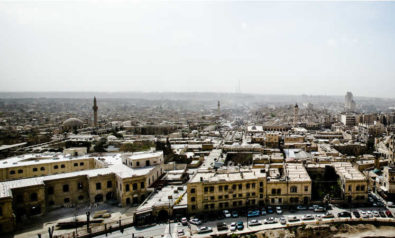
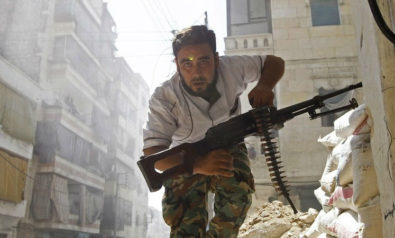
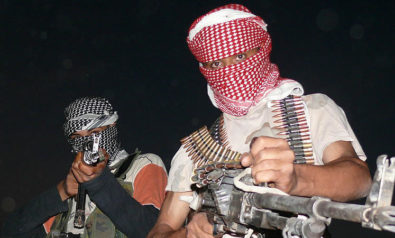
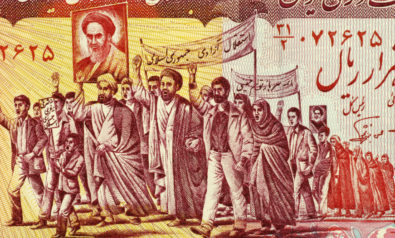

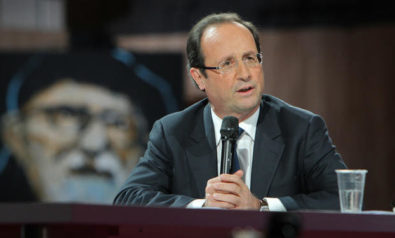
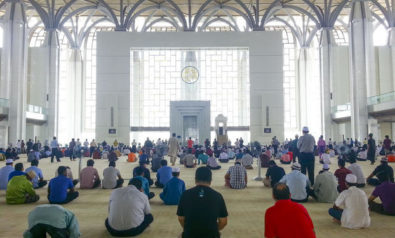
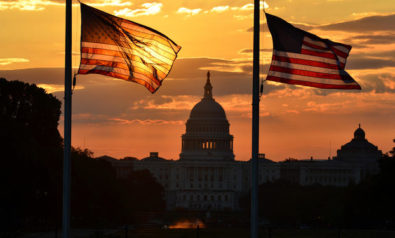
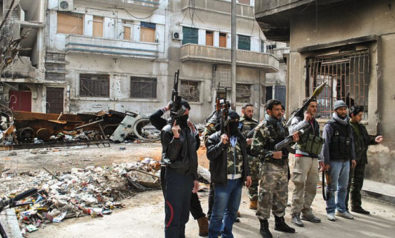
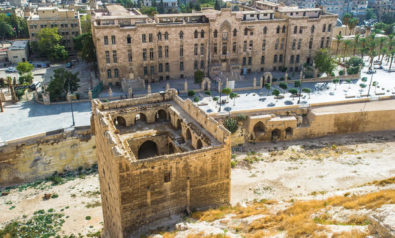
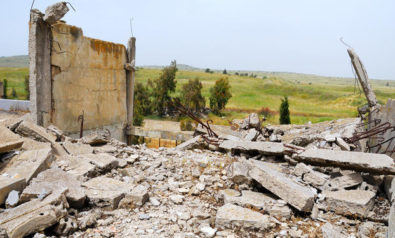
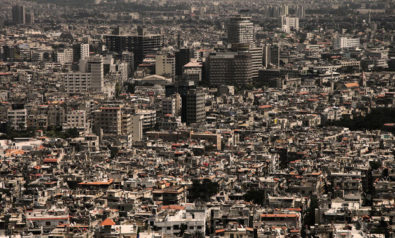

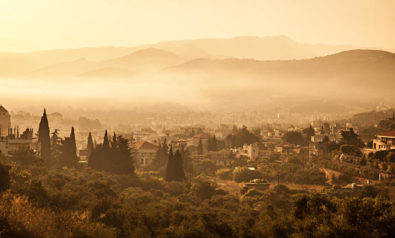
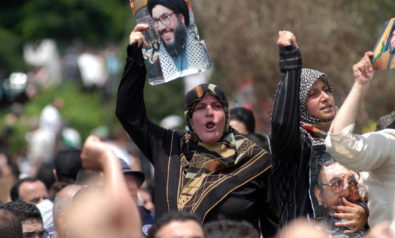
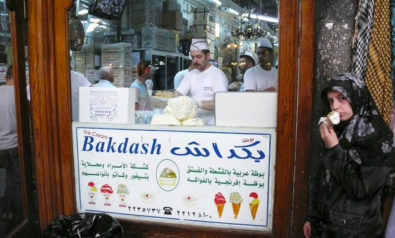

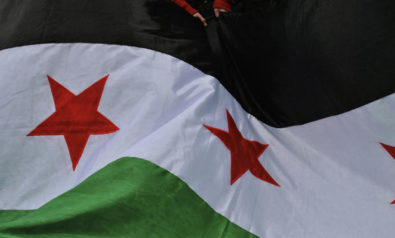
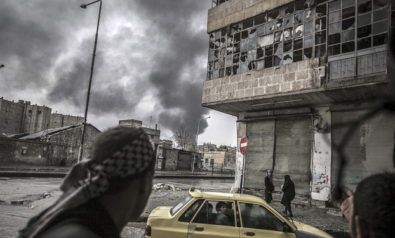
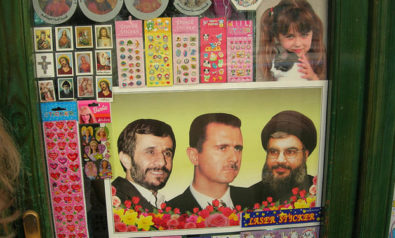
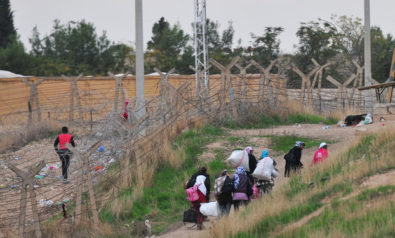
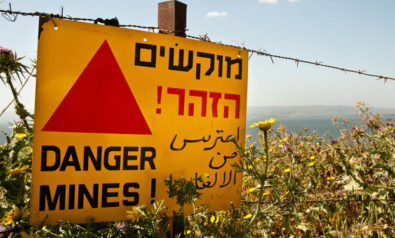
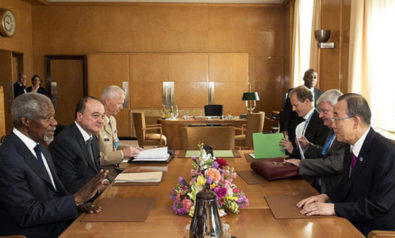
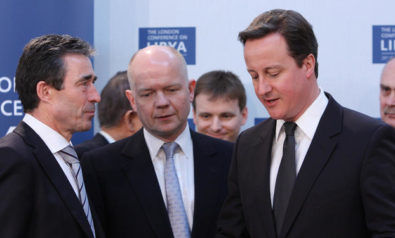
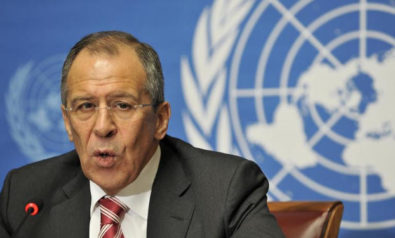

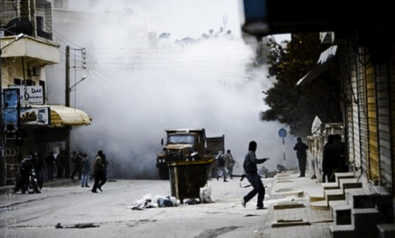
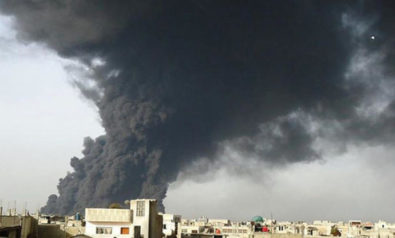

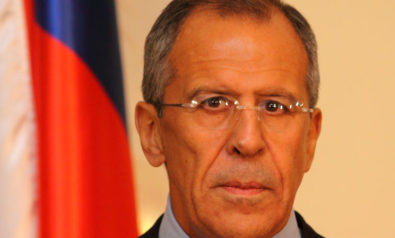
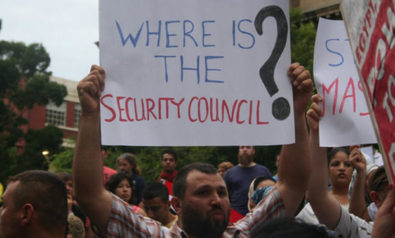
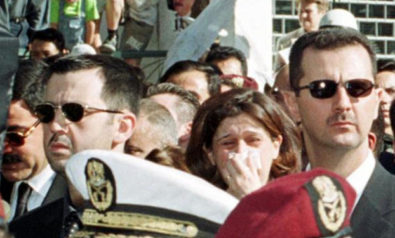
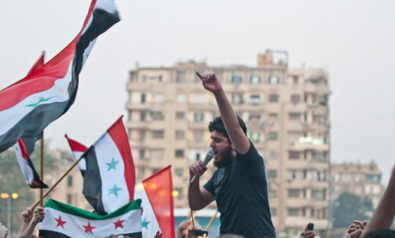
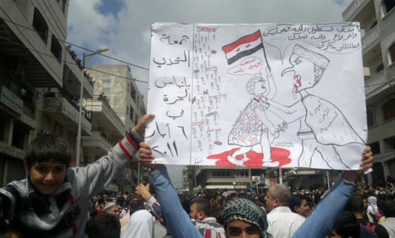
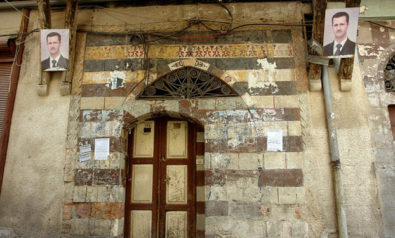

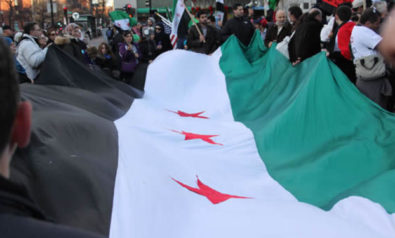

Comment